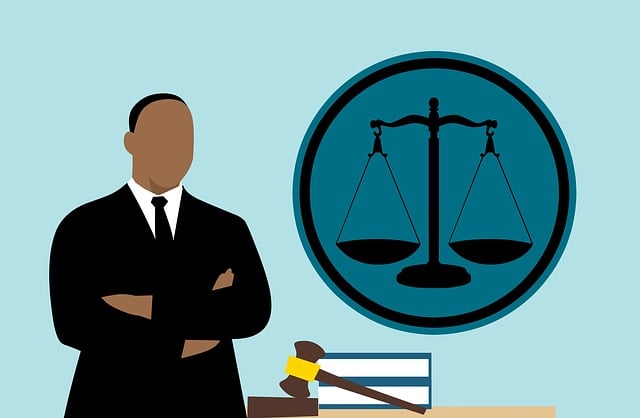Emotional distress, including anxiety, depression, and PTSD, is a significant aspect of pain and suffering claims recognized by courts. Valid claims require a clear link between an incident and resulting mental health issues. Evaluating compensation involves assessing both physical harm and emotional distress, impacting quality of life and daily activities. Specialised attorneys use expert witnesses and medical records to quantify emotional distress, ensuring fair compensation in complex legal processes that demand thorough documentation from individuals and competent legal guidance.
Emotional distress, a profound aspect of human experience, is increasingly recognized as a legitimate component of pain and suffering claims. This comprehensive guide explores the intricate relationship between emotional trauma and legal entitlements for compensation. We delve into understanding the psychological impact of distress, assessing its severity in legal contexts, and navigating the complex processes required to secure reimbursement. By examining these aspects, individuals affected by traumatic events can better grasp their rights and pursue fair pain and suffering compensation.
- Understanding Emotional Distress in Pain and Suffering Claims
- Assessing the Impact of Emotional Trauma on Compensation
- Navigating Legal Processes for Emotional Distress Reimbursement
Understanding Emotional Distress in Pain and Suffering Claims

Emotional distress is a significant aspect of pain and suffering claims, often overlooked yet deeply impactful. It encompasses a range of feelings experienced by individuals who have endured physical or psychological harm, including anxiety, depression, fear, and trauma. When evaluating pain and suffering compensation, courts recognize that these emotional ailments can be as debilitating as physical injuries. Every case is unique, but legal precedents have established that emotional distress claims are valid when there’s a clear link between the incident and the subsequent mental health issues.
This element becomes particularly relevant in various scenarios such as slip and fall accidents, partnership disputes, or breach of fiduciary duty cases where individuals may suffer not just physical harm but also profound emotional turmoil. Understanding the severity of emotional distress is crucial for both claimants and legal professionals to ensure fair compensation for all forms of suffering incurred.
Assessing the Impact of Emotional Trauma on Compensation

When evaluating a pain and suffering compensation claim, assessing emotional distress alongside physical harm is crucial. Emotional trauma, often a byproduct of accidents or wrongful acts, can significantly impact an individual’s quality of life. This includes anxiety, depression, post-traumatic stress disorder (PTSD), and other mental health conditions. These intangible effects are just as real and debilitating as any physical injury; they can affect one’s ability to work, maintain relationships, and enjoy everyday activities.
A personal injury lawyer or auto accident attorney specializing in pain and suffering compensation understands the complex nature of these claims. They employ expert witnesses and medical records to quantify the emotional distress experienced by the victim. In contract disputes, where parties differ on the extent of harm, an experienced legal professional can help navigate these complexities, ensuring that the client receives fair compensation for both physical and psychological injuries.
Navigating Legal Processes for Emotional Distress Reimbursement

Navigating the legal process to seek reimbursement for emotional distress within pain and suffering claims can be complex. Individuals who have experienced significant emotional trauma often face a challenging journey when pursuing compensation. This involves thoroughly documenting their experiences, from medical records detailing psychological evaluations to witness statements corroborating the impact of the incident on their mental state.
Seeking legal representation from a competent car accident attorney or elder law specialist is crucial in these cases. These professionals can guide clients through the intricacies of pain and suffering compensation, ensuring that all necessary evidence is presented effectively. They help protect the rights of individuals seeking emotional distress reimbursement, especially when dealing with complex cases where liability might be disputed.
Emotional distress, a significant component of pain and suffering, can significantly impact an individual’s life, warranting consideration in compensation claims. Assessing emotional trauma involves meticulous evaluation, and understanding legal processes for reimbursement is crucial. By navigating these steps, individuals can seek justice and receive adequate pain and suffering compensation for their emotional hardships.






